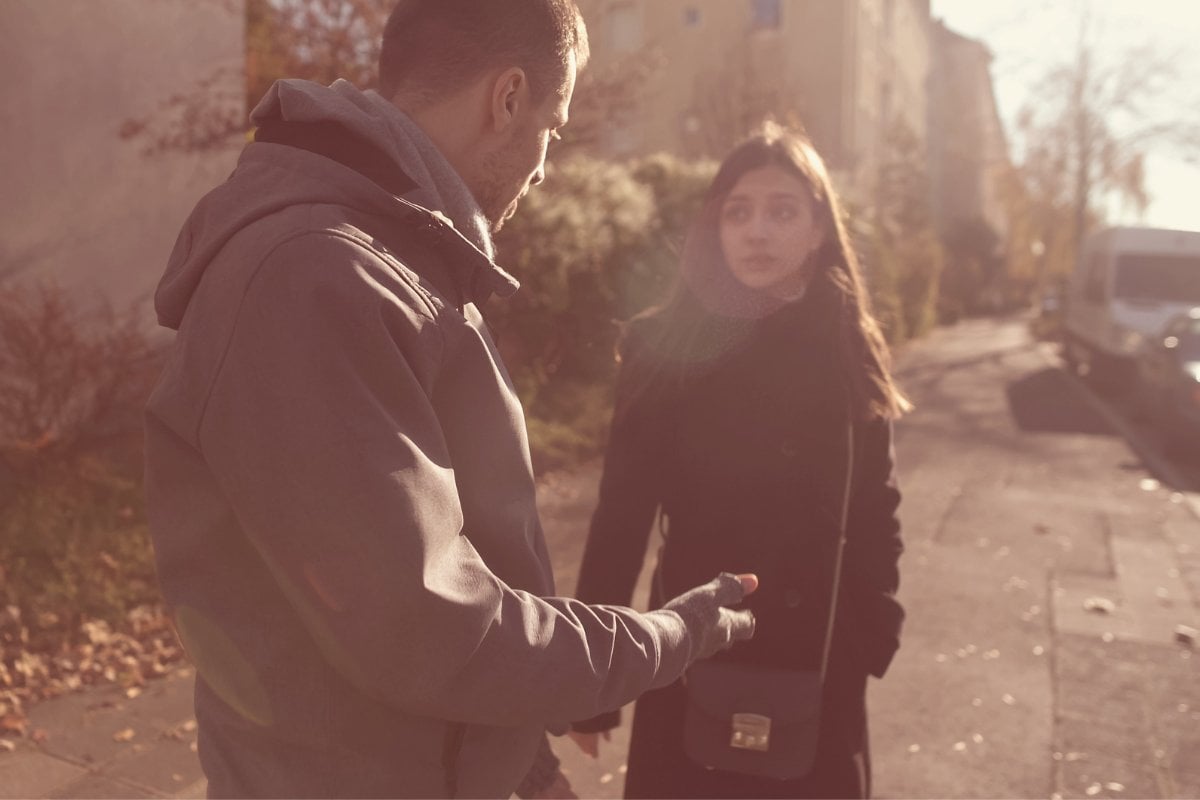
This article was written by Bianca Fileborn and originally published in The Conversation.
As someone who has spent the last decade researching sexual harassment and violence in public spaces, the question I’m commonly asked is:
What advice should I give my teenage daughter about what to do when she’s harassed by men in public?
This question is, of course, completely understandable. We all want our loved ones to feel safe when they’re out in public.
Women and LGBTQ+ people experience high levels of harassment in public (though it is always important to remember gender-based violence is most likely to be perpetrated at home by someone you know). So there is a high likelihood this is something you or your loved ones will experience.
Street harassment is often not taken seriously as an issue. Many forms of this behaviour are not against the law, meaning victims have limited options for reporting or seeking support. This can make it challenging to know what to do if you’ve been harassed.
While it’s tempting to focus on what people can do to “stay safe” or respond effectively to harassers, this is ultimately the wrong question to ask.
Shouting back
In my recent research, I undertook in-depth interviews with 46 people about their experiences of harassment in public spaces. Participants often discussed how they responded to harassers. These responses could take many forms.
Some participants described verbally challenging harassers, often by telling them to “fuck off” or shouting back at them.
Physical acts of resistance were also common – including making gestures and pulling faces at a harasser. One participant described “blowing a kiss” at a group of men who had shouted homophobic abuse at him. “Sarah” described fighting back: